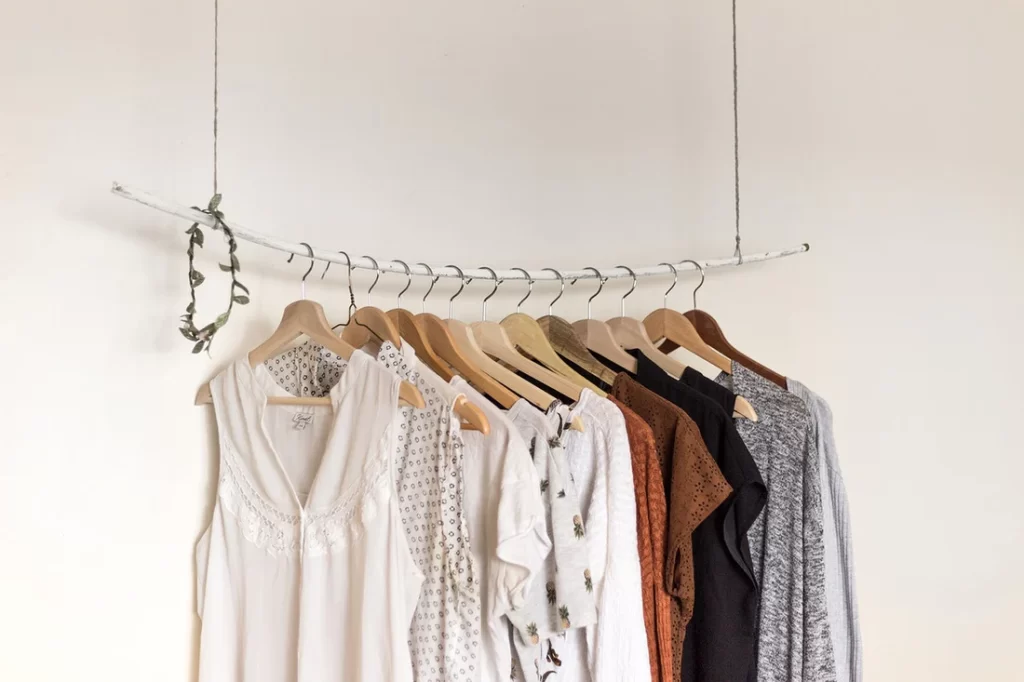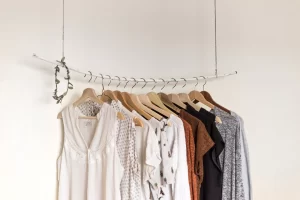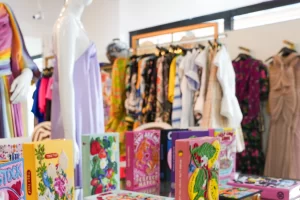Ethical Fashion A Guide to Conscious Clothing Choices

Ethical Fashion A Guide to Conscious Clothing Choices
In today’s fast-paced world, fashion has become an integral part of our lives. However, the industry’s environmental and social impact has raised serious concerns. This is where ethical fashion comes into play. Ethical fashion focuses on creating clothing in a way that is sustainable, fair, and responsible.
What is Ethical Fashion?
Ethical fashion is a movement that prioritizes:
- Environmental sustainability: Using eco-friendly materials, reducing waste, and minimizing pollution.
- Social responsibility: Ensuring fair wages, safe working conditions, and ethical labor practices.
- Transparency: Providing clear information about the production process, materials, and supply chain.
Why is Ethical Fashion Important?
- Environmental Impact: The fashion industry is one of the biggest polluters, contributing to deforestation, water pollution, and greenhouse gas emissions. Ethical fashion aims to reduce this impact by using sustainable materials, minimizing waste, and promoting recycling.
- Social Justice: Many garment workers in developing countries face poor working conditions, low wages, and long hours. Ethical fashion ensures that workers are treated fairly and have safe working environments.
- Transparency: Ethical fashion brands are transparent about their supply chains, allowing consumers to make informed choices. This helps to hold brands accountable for their practices.
How to Choose Ethical Fashion
- Research brands: Look for brands that are certified by organizations like Fair Trade, Global Organic Textile Standard (GOTS), or B Corp.
- Ask questions: Don’t hesitate to ask brands about their sourcing practices, labor policies, and environmental impact.
- Look for sustainable materials: Opt for clothing made from organic cotton, recycled fabrics, or natural fibers.
- Invest in quality: High-quality clothing lasts longer, reducing the need for frequent replacements.
- Support local and independent brands: These brands often have better control over their production processes and are more likely to prioritize ethical practices.
Conclusion
Ethical fashion is more than just a trend; it’s a movement towards a more sustainable and just future. By making conscious choices and supporting ethical brands, we can help to create a fashion industry that is both stylish and responsible.
Would you like to learn more about specific ethical fashion brands or sustainable materials?




